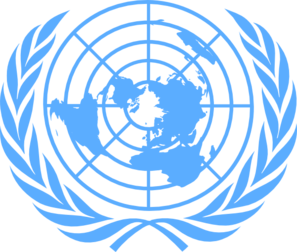Taking Your Case to the UN
The International Covernant on Civil and Political Rights (ICCPR) contains a large number of rights that are relevant to issues of police misconduct.
Under the 1st Optional Protocol to this Covenant, you can make a Communication to the United Nations Human Rights Committee if your rights have been violated.
Before making a communication to the Committee, you need to “exhaust all domestic remedies”. This means you will need to have attempted to have your rights vindicated through all the tiers of the Australian legal system first.
Australia does not meet all its obligations under the ICCPR and sometimes the only way to seek justice is through this international mechanism.
The Human Rights Committee has raised the following concerns about policing in Australia:
The [UN Human Rights] Committee expresses concern at reports of excessive use of force by law enforcement officials against groups, such as indigenous people, racial minorities, persons with disabilities, as well as young people; and regrets that the investigations of allegations of police misconduct are carried out by the police itself.
The Committee is concerned by reports of the excessive use of the electro-muscular disruption devices (EMDs) “TASERs” by police forces in certain Australian states and territories. (articles 6 and 7)
The State party should take firm measures to eradicate all forms of excessive use of force by law enforcement officials. It should in particular:
a) establish a mechanism to carry out independent investigations of complaints concerning excessive use of force by law enforcement officials;
b) initiate proceedings against alleged perpetrators;
c) increase its efforts to provide training to law enforcement officers with regard to excessive use of force, as well as on the principle of proportionality when using force;
d) ensure that restraint devices, including TASERs, are only used in situations where greater or lethal force would otherwise have been justified;
e) bring its legislative provisions and policies for the use of force into line with the United Nations Basic Principles on the Use of Force and Firearms by Law Enforcement Officials; and
e) provide adequate reparation to the victims.
(United Nations Human Rights Committee 3 April 2009)Our two UN Communications:
Corinna HorvathStatus: Recieved 27 April 2014.
T J HickeyStatus: Awaiting decision

